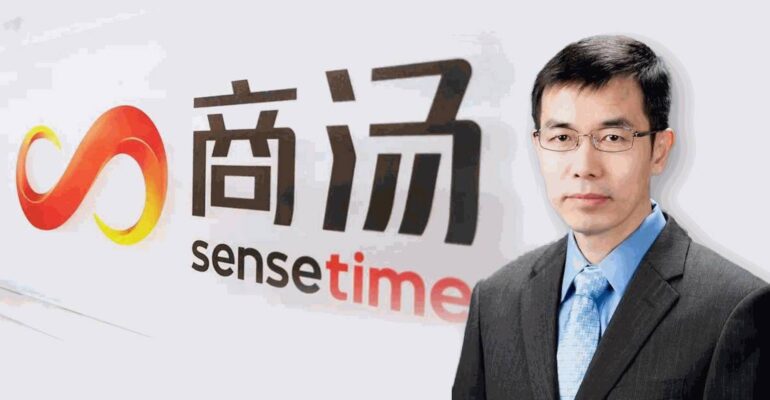TL;DR:
- SENSETIME Group’s stock plummeted by 18% in Hong Kong following the unexpected death of co-founder Tang Xiao’ou.
- Tang Xiao’ou, a prominent figure in China’s AI sector, held a 21% stake in the company.
- US sanctions, imposed in 2019, had already hindered SENSETIME’s growth by limiting access to capital and US tech components.
- Allegations of revenue inflation by short-seller Grizzly Research added to the company’s challenges.
- The stock traded at HK$1.26 before the decline, less than one-third of its listing price.
- Uncertainty looms over the future of SENSETIME and its potential repercussions for the AI industry.
Main AI News:
In a shocking turn of events, SENSETIME Group, the Chinese artificial intelligence (AI) giant, witnessed a substantial plummet in its stock value, marking its most significant dip in over a year. This abrupt decline came as a double blow to investors already contending with the repercussions of the company’s sluggish growth and the weight of US sanctions.
On Monday, December 18, the company’s shares tumbled by as much as 18 percent on the Hong Kong Stock Exchange, marking the most extensive loss since July 2022. The trigger for this downward spiral was the announcement of the passing of co-founder and prominent shareholder, Tang Xiao’ou, who succumbed to illness.
Tang Xiao’ou, born in 1968 and a Massachusetts Institute of Technology graduate, was not only an academic luminary in Hong Kong but also a trailblazer in China’s AI landscape. He played a pivotal role in establishing SenseTime as a leader in computer vision technology. The company, previously backed by Alibaba Group Holding, had a highly anticipated debut on the Hong Kong Stock Exchange in 2021. According to the firm’s 2022 annual report, Tang held a substantial 21 percent stake in SenseTime, and his net worth was estimated at an impressive US$1.1 billion, as per the Bloomberg Billionaires Index.
However, SenseTime’s meteoric growth trajectory has hit a significant roadblock due to intensifying competition and the burden of US sanctions. In 2019, the US government blacklisted the company over allegations of human rights violations in Xinjiang. This decision severely hampered the firm’s access to capital and essential US tech components. The situation has only worsened in recent months with new restrictions on the sale of advanced AI chips and chipmaking equipment to Chinese companies.
Adding to SenseTime’s woes, its stock had already been under pressure in the preceding weeks following allegations of revenue inflation by short-seller Grizzly Research, allegations that the company vehemently denied. Before Monday’s market turmoil, SenseTime’s shares had dwindled to HK$1.26, less than a third of its listing price. Despite a partial recovery in Monday morning trading, the stock still traded at approximately 11 percent lower than its previous value.
The sudden passing of Tang Xiao’ou has left a void in SenseTime’s leadership, further compounding the challenges faced by the company in a fiercely competitive and sanction-ridden landscape. As investors nervously watch the developments, the future of SenseTime remains uncertain, and the AI industry as a whole braces for potential repercussions.
Conclusion:
SENSETIME Group’s recent stock plunge, triggered by the unexpected passing of co-founder Tang Xiao’ou, underscores the challenges faced by the company. US sanctions and allegations of revenue inflation have taken their toll on the once-promising AI firm. This development reflects the broader implications of regulatory scrutiny and competition in the AI market, reminding investors of the inherent risks in this dynamic sector.

